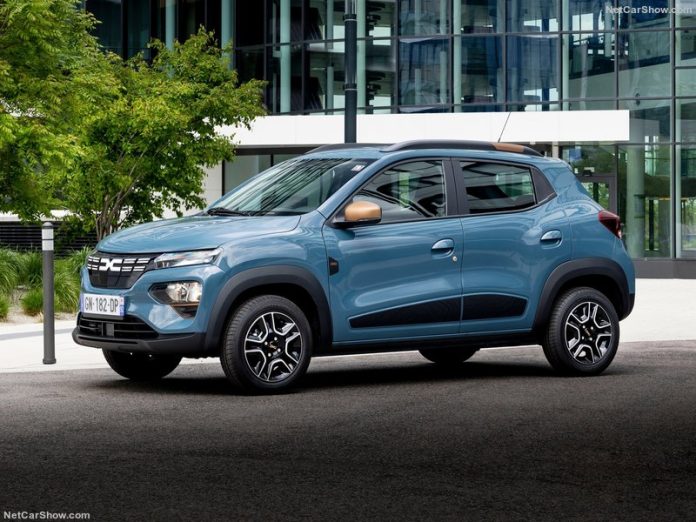Portuguese Auto Market fell short of pre-pandemic levels in 2024. Still, with 209,716 units sold, sales rose 5.1%, maintaining steady growth. The EV segment continues its upward trajectory, posting consistent gains over the past five years.
Market Trend and Outlook
Despite the shy economic projections, the Portuguese auto market bounced back in 2024, with full-year sales hitting 209,716 units, up 5.1% from last year.
Looking at cumulative data up to December 2024 brand-wise, the leader was still Peugeot with 21,613 sales (4.4%), followed by Dacia -up 1 spot- in 2nd with 16,698 registrations (+12.7%) and Mercedes -up 2 spots- with 16,214 units sold (+9.5%).
Renault -down 2 spots- ranked in 4th with 15,199 sales (-6.1%) followed by BMW at 13,423 (-3.9%), Toyota at 11,504 (+12.8%), and Volkswagen with 11,504 total sales (+12.8%).
Citroen ranked into 8th with 9,631 sales (+6.3%), followed by Tesla with 9,760 units sold (+4.6%), and Seat closed the top 10 with 7,819 sales (-5.7%).
Looking at specific models, reported in the dedicated article, the Dacia Sandero sold the most units, rising 20.8%. The second most sold car was the Peugeot 2008, growing 11.1% in year-on-year volume.
Medium-Term Market Trend
The Portuguese auto market has had many ups and downs in the last decade. Sales fell more than 50% from 2010 to 2012, starting at 274,559 and ending at 106,748. From 2013 to 2017 the car passenger market inverted its trend, more than doubling and reaching 248,039 new car registrations. The years 2018 and 2019 were slightly negative taking sales down to 231,492 by the end of 2019.
The arrival of the pandemic in 2020 caused the market to fall 37% taking it back down to 145,417 sales.
Following the collapse of the market during the pandemic, 2021 presented a year of slight recovery with sales reaching 146,706 (+1%) and 2022 grew another 6.6% to 156,309. A combination of factors are behind the lower demand in the past years: the disruption in the global supply chain caused by a lack of raw materials, in particular for the production of microchips and Governments push towards Evs.
In 2023 the car passenger market reached 199,572 sales, an increase of 27.7%.
Tables with sales figures
In the tables below we report sales for all Brands, top 10 Manufacturers Group and top 10 Models











